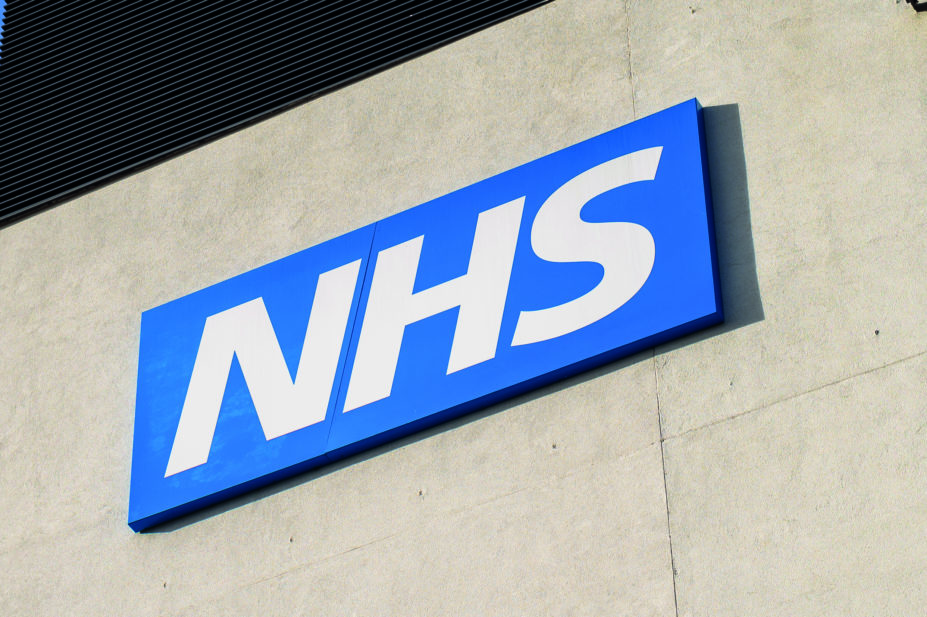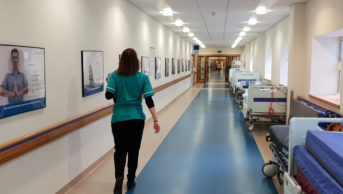
Shutterstock.com
An NHS England scheme to use new models of care to better meet patients’ needs and make savings has failed to achieve its aims, a report by the National Audit Office
The report, published on 29 June 2018, says the vanguard programme, which also set out to integrate health and social care services, had “not delivered the depth and scale of transformed services it aimed for at the beginning of the programme”.
It added that money intended to enable the initiative to transform services was instead spent on helping to relieve short-term financial pressures in the NHS by reducing trusts’ financial deficits.
When it was first launched in 2015, one of the vanguard programme’s main objectives was to design new care models that could be quickly replicated across England. NHS England chose 50 sites to act as ‘vanguards’ that might involve, for example, joining up general practice, hospital, community and mental health services in an integrated network or single organisation in one area to improve healthcare for patients.
NHS England’s early planning assumption was £2.2bn of funding for new care models between 2016–2017 and 2020–2021, but it used much of the funding to reduce deficits faced by hospital trusts, the NAO said.
Amyas Morse, comptroller and auditor general at the NAO, said: “The vanguard programme is one of a series of attempts to transform the NHS. Its progress has been mixed but there are some early signs of a positive impact.”


